June 7, 2025 | 10:10 GMT +7
June 7, 2025 | 10:10 GMT +7
Hotline: 0913.378.918
June 7, 2025 | 10:10 GMT +7
Hotline: 0913.378.918
Can Tho City Department of Agriculture and Environment has just launched a campaign to vaccinate livestock against dangerous infectious diseases in 2025, creating active immunity for livestock and thus contributing to the effective prevention of dangerous epidemics.
According to the 2025 plan, the livestock and veterinary sector of Can Tho City aims to achieve a rate of over 80% of the livestock subject to vaccination. As for dogs and cats, rabies vaccination must also ensure at least 80% of the total herd in each locality.
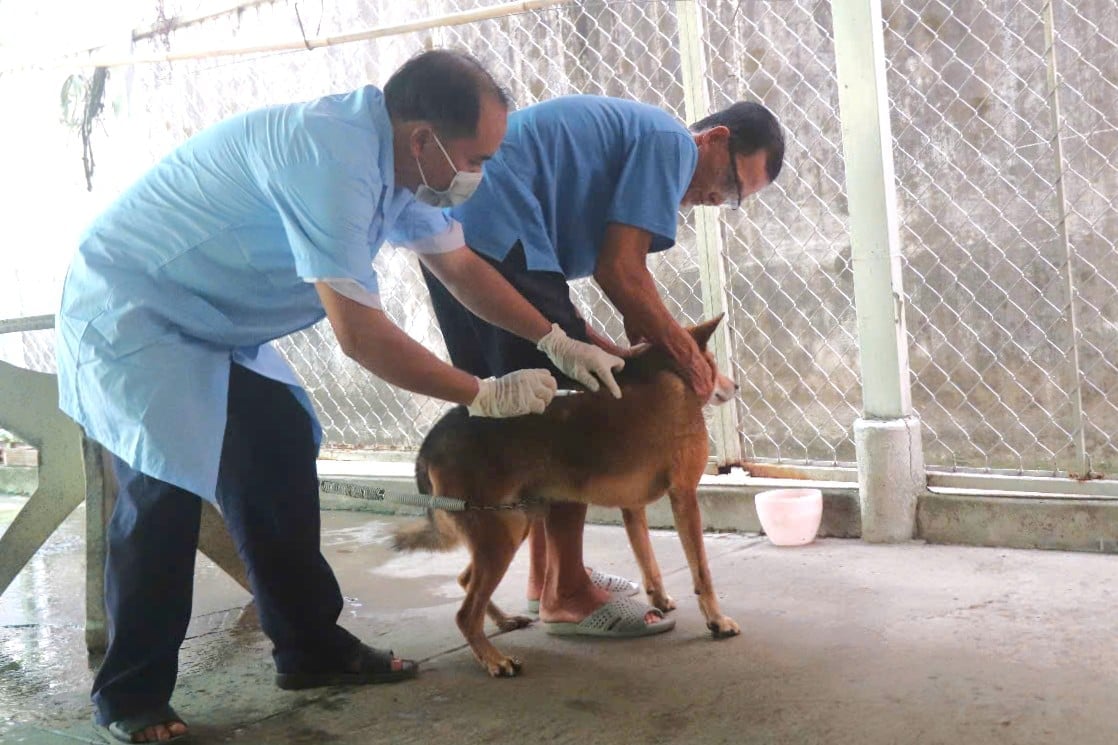
Can Tho city strives to reach a vaccination rate of over 80% of the total number of livestock subject to vaccination by 2025. Photo: Kim Anh.
The 2025 vaccination campaign will be divided into two phases. Phase 1 will be from April 25 to June 15, 2025, and phase 2 will take place from August to November 2025. The Department of Agriculture and Environment of Can Tho city also calls for the Sub-Department of Livestock Production and Animal Health to coordinate with local authorities. The goal is to organize additional vaccinations for newly raised livestock, herds that have not been fully vaccinated, have expired their immunity period, or at the request of livestock farmers.
Nguyen Tan Nhon, Deputy Director of Can Tho City Department of Agriculture and Environment, emphasizes the importance of regular vaccination as one of the most effective, sustainable and economical disease prevention measures. The cost of vaccination is not high, but it brings great benefits in protecting the health of livestock, minimizing economic risks and protecting the health of farmers.
To achieve high efficiency, Deputy Director Nhon suggests that district and commune authorities direct communes and wards to increase communication and mobilize people to actively participate in vaccinating livestock.
It is necessary to implement bio-safe farming to prevent the spread of disease in the herd and from animals to humans. Vaccination of dogs and cats is particularly important to prevent rabies, a constant threat to the community.
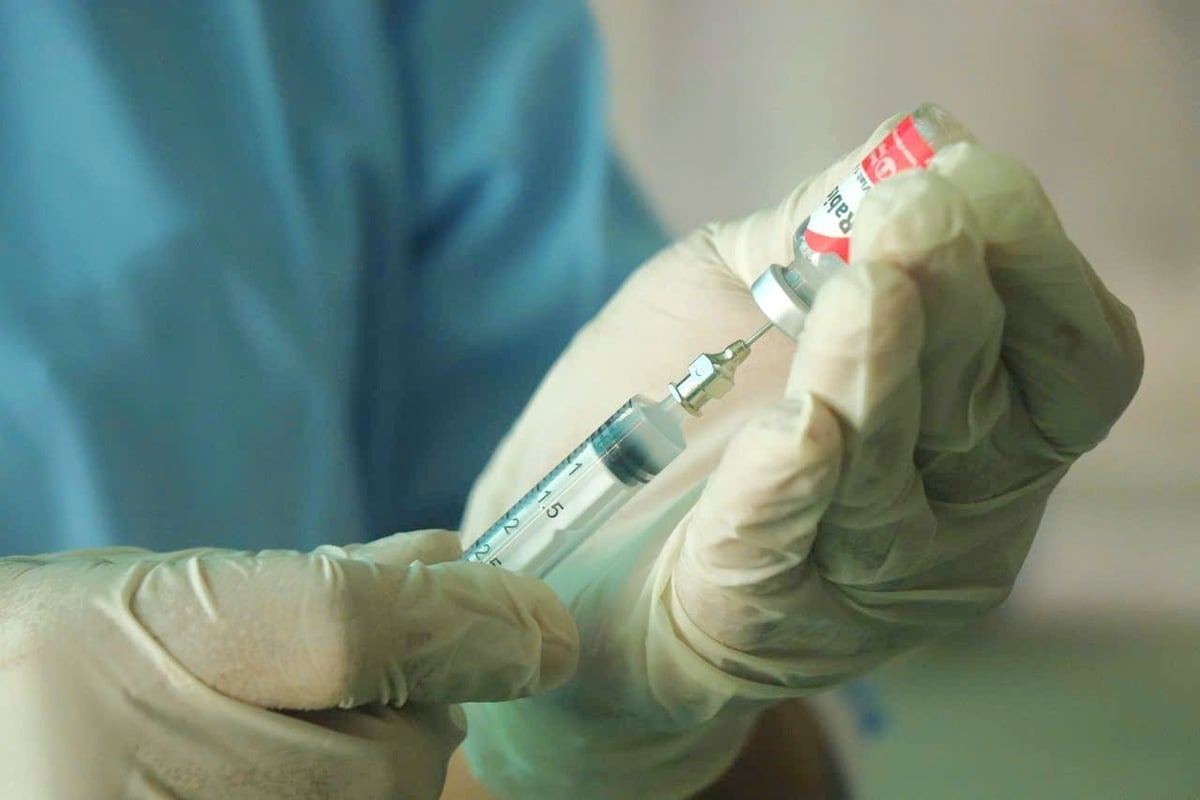
Vaccination of livestock is one of the safe and effective measures to prevent epidemics. Photo: Kim Anh.
"After communication and mobilization, if people still do not comply with livestock vaccination, the specialized sector needs to apply administrative measures to create deterrence and force people to seriously follow regulations," says the Deputy Director of Can Tho City Department of Agriculture and Environment.
In Truong Lac ward, O Mon district, Luu Minh Bao is raising more than 50 pigs. In addition to strictly following the vaccination schedule for the pigs, his family also maintains hygiene in the barn and limits the entry of strangers. Thanks to fully implementing these measures, his pigs have not been affected by dangerous diseases such as foot and mouth disease or blue ear disease for many years.
With the complicated development of the epidemic, Bao is still concerned about the risk of an outbreak of African swine fever. Can Tho City has not yet implemented vaccination for this disease at present, so farmers hope to have vaccines soon to feel secure during production.
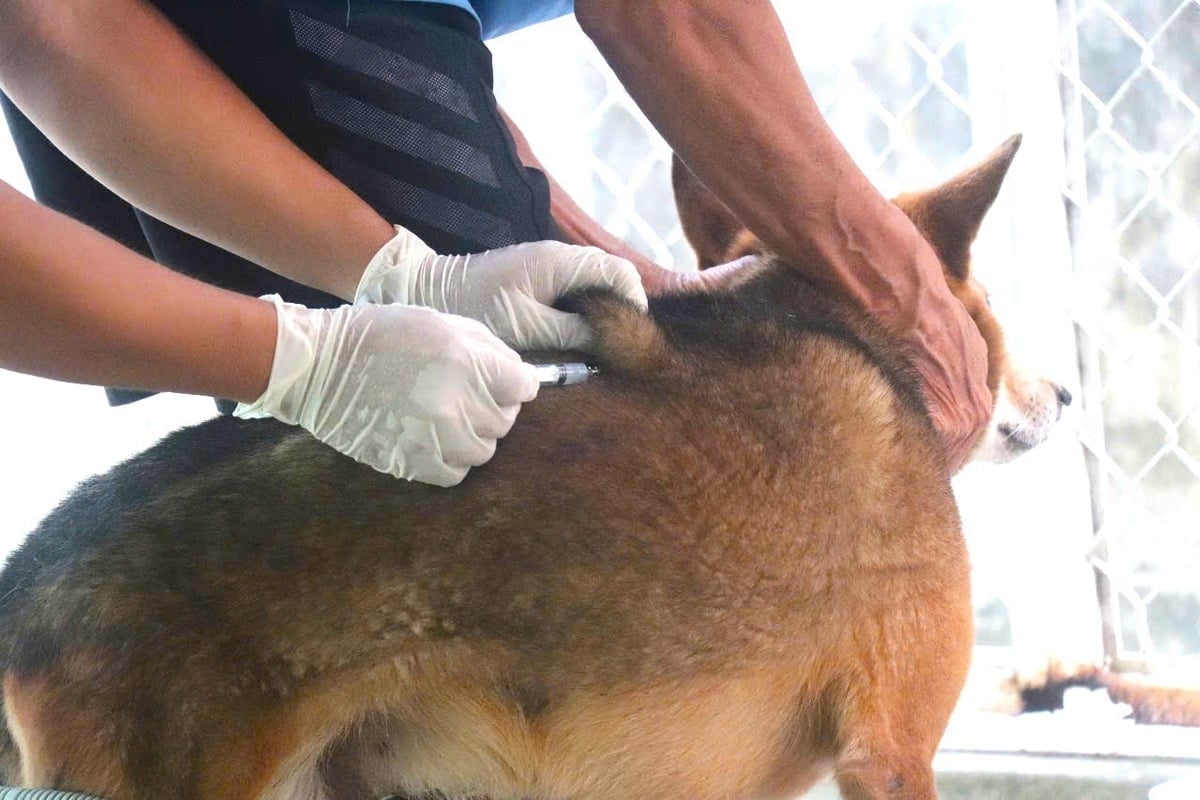
Rabies in dogs and cats has a very high risk of being transmitted to humans without full vaccination. Photo: Kim Anh.
In recent years, the livestock production and animal sector of Can Tho city has made many developments, contributing positively to food security and improving people's income. However, the vaccination rate for livestock has not yet reached the expected level.
The vaccination rate for lumpy skin disease in cattle in 2024 reached just over 70%; foot and mouth disease in cattle reached over 85% and 75% in pigs. Vaccination for blue ear disease reached 84%. Rabies in dogs and cats in particular reached nearly 90%.
One thing to note is that in rural and suburban areas, due to free-range farming practices, disease control and vaccination are difficult. This makes the risk of dangerous disease outbreaks always high, especially rabies, which can be transmitted to humans.
The launching ceremony for the implementation of vaccination against dangerous infectious diseases in livestock in 2025 in Can Tho City was held on April 26 to strengthen information dissemination, communication and promote the good implementation of vaccination as this would help create protective immunity to prevent dangerous infectious diseases that arise and spread in livestock, maintain a regular level of antibodies in the livestock population to prevent disease.
The vaccination campaign was also considered a way to strengthen the leadership role of local authorities, departments, branches and the responsibility of the people to develop stably, avoid the risk of epidemics causing economic losses, and also prevent diseases transmitted from animals to humans that threaten human life.
Translated by Samuel Pham
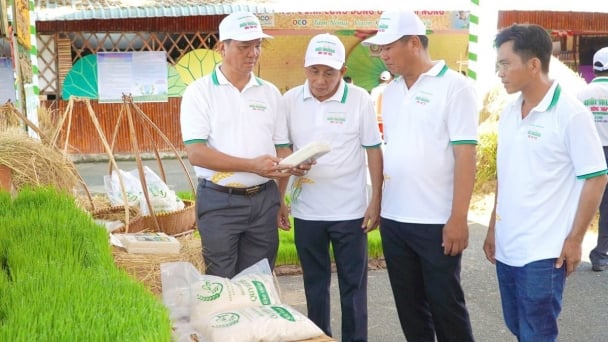
(VAN) Dong Thap has launched a meeting in response to the Action Month for the Environment under the theme 'Live Green - Join Hands for a Green Economy' at Tram Chim National Park.
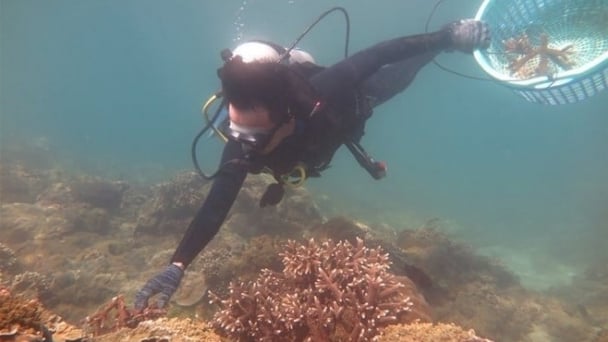
(VAN) The ocean has the capacity to absorb millions of tons of carbon, provided that mangrove forests, coral reefs, and biodiversity are protected.
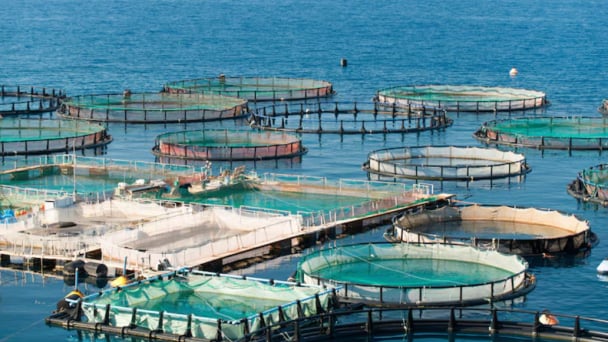
(VAN) Technology is redrawing the map of Vietnamese aquaculture: more modern, greener, and more sustainable.

(VAN) Novel process harnesses machine learning to reveal groups of genes that determine how efficiently plants use nitrogen.

(VAN) Several scientists and farmers are experimenting with soil treatment in some key durian-growing regions such as Cai Lay (Tien Giang), Dak Song, Gia Nghia, and Dak R’lap (Dak Nong).
/2025/05/25/4127-3-073637_820.jpg)
(VAN) Thanks to the promotion from an FAO-implemented project, vegetable production in greenhouses in Moc Chau has seen strong development, from 1.5 hectares in 2021 to nearly 50 hectares in 2024.

(VAN) FAO has recently supported USD 140,000 to implement the project 'Risk mitigation human-animal interface risks through disease control initiatives in pig farming.'